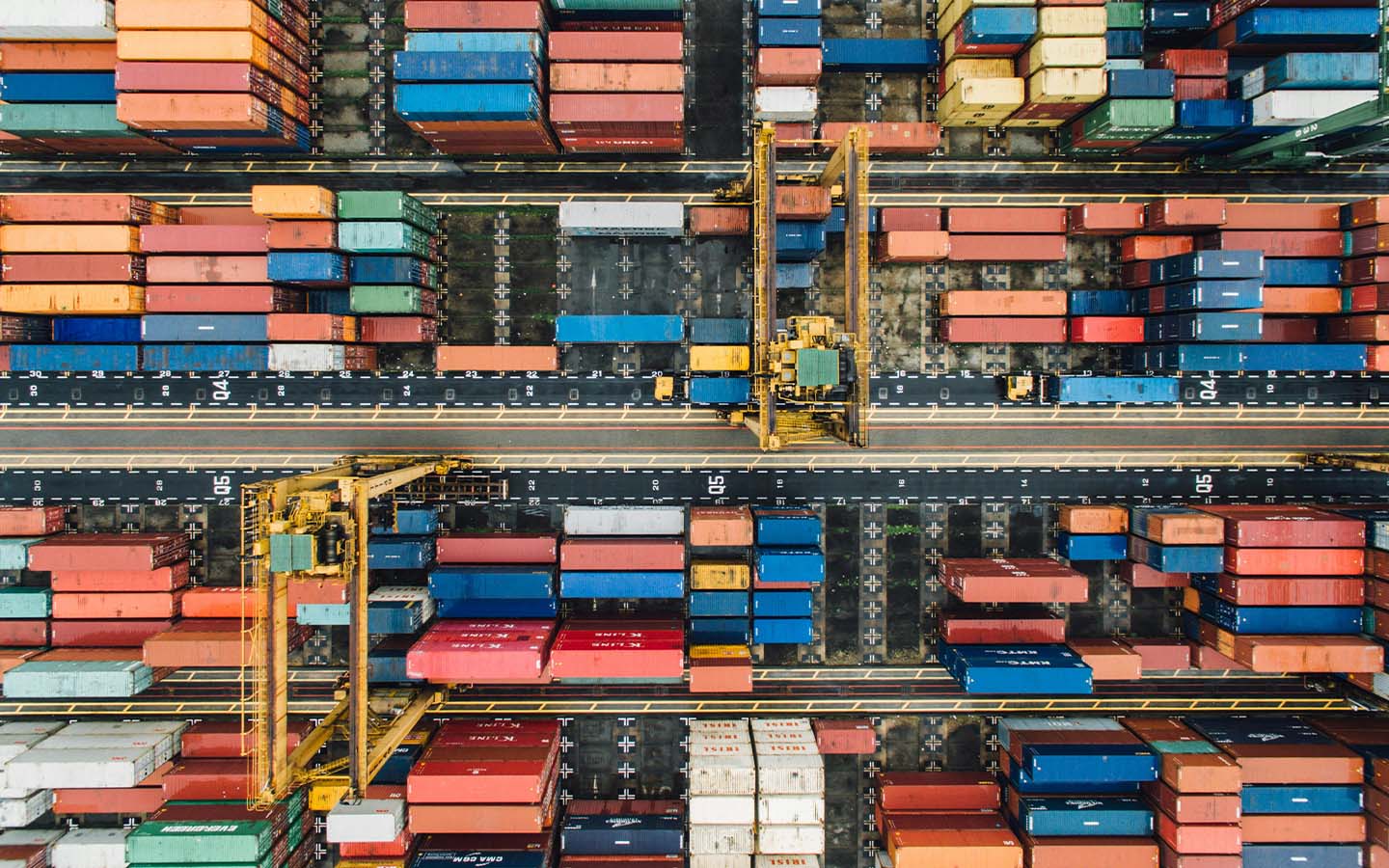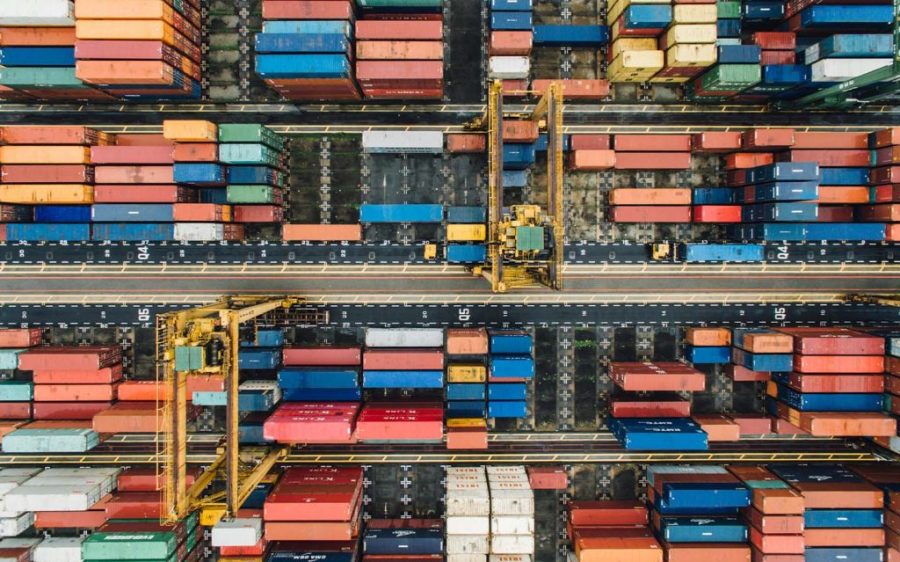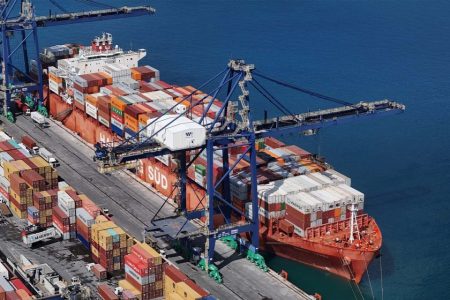A study from the Brazilian Trade and Investment Promotion Agency (ApexBrasil) shows that the record-breaking trade between Brazil and China, which hit US$157.5 billion in 2023, has room to grow much further.
The Brazil-China Bilateral Trade and Investment Map identifies 400 trade opportunities for Brazilian exports to China that together are worth over US$800 billion. The map highlights high-value-added sectors, an area currently underrepresented in Brazilian exports, and offers detailed analysis of bilateral economic trends.
“The Bilateral Map contributes to filling gaps in mutual knowledge, by bringing together macroeconomic information and structural analyses on bilateral trade and investments,” explained Gustavo Ribeiro, market access coordinator for ApexBrasil. He considers it a valuable instrument for “formulating strategies and making decisions in the relationship” between Brazil and China.
[See more: Brazil’s vice president nets billions in Chinese investment]
Bilateral trade between the two countries has grown rapidly in the last two decades, from US$6.6 billion in 2003 to US$157.5 billion in 2023. This leap in trade has elevated Brazil to China’s largest trading partner in Latin America and China to Brazil’s largest trading partner overall.
There are also challenges in the trade relationship, though, particularly in the extreme concentration of Brazilian exports. Just three groups of commodities account for 75.1 percent of total exports and there is a concentration on commodities like agricultural and extractive industry products.
Utilising tools like the Bilateral Map could help shift trade between Beijing and Brasilia toward greater diversity and stability in the future. It also provides insights on foreign direct investments, highlighting companies like BYD, State Grid and Tencent in Brazil and Suzano and EBANX in China. While the eighth largest investor globally, China is the largest Asian investor in Brazil and in some sectors has emerged as the largest investor overall.






